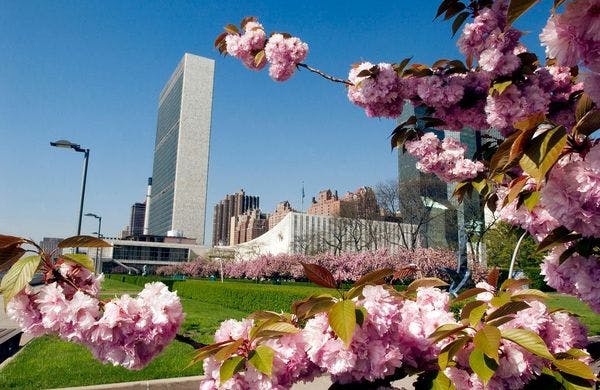Un documento filtrado revela que una agencia de drogas de la ONU apuesta por que el mundo descriminalice todas las drogas
A la Oficina de las Naciones Unidas contra la Droga y el Delito (UNODC), la agencia que ha supervisado la guerra global contra las drogas durante 50 años, se le ha impedido que anuncie su revolucionaria nueva posición: que todos los países deberían descriminalizar la posesión de drogas para uso personal. Más información, en inglés, está disponible abajo.
Suscríbase a las Alertas mensuales del IDPC para recibir información sobre cuestiones relacionadas con políticas sobre drogas.
As reported by the BBC, the United Nations Office on Drugs and Crime (UNODC), the agency that has overseen the global drug war for 50 years, has been blocked from announcing its momentous new position – that all countries should decriminalise the possession of drugs for personal use. The UNODC was set to unveil the position on Sunday 18th October 2015, at the Harm Reduction International Conference, in a short briefing paper (PDF) which states that: “Member States should consider the implementation of measures to promote the right to health and to reduce prison-overcrowding, including by decriminalising drug use and possession for personal consumption”.
In a devastating critique of the harms caused by criminalisation, the UNODC states: “Protecting public health is a legitimate aim, but imposing criminal sanctions for drug use and possession for personal consumption is neither necessary nor proportionate. On the contrary, punishment aggravates the behavioural, health and social conditions of the affected people.”
However, it appears a member state got wind of the planned announcement, and has prevented or at least delayed the UNODC announcement of its position.
Given its pivotal role in international drug policy, the UNODC’s position is hugely significant. It had previously conceded only that decriminalisation was allowed under international law, but now states that it is not just permissible; it is essential, and may even “be required to meet obligations under international human rights law”. The UNODC paper also says that countries which continue to criminalise people who use drugs are in breach of their obligation to respect the universal right to health, because a punitive approach causes unnecessary illness and death.
Going even further, the UNODC also applies the logic behind decriminalisation to the supply side of the drug trade, proposing that: “small drug related offenses, such as drug dealing to maintain personal drug use or to survive in a very marginalized environment … [are cases that] should receive rehabilitation opportunities, social support and care, and not punishment”. The UNODC paper also says that “the state has the burden to justify” why criminalisation is an appropriate response to drug use, while making clear that, in its view, it is not justifiable.
Click here to read the full article.
Keep up-to-date with drug policy developments by subscribing to the IDPC Monthly Alert.
Thumbnail: Flickr CC UN Photo
